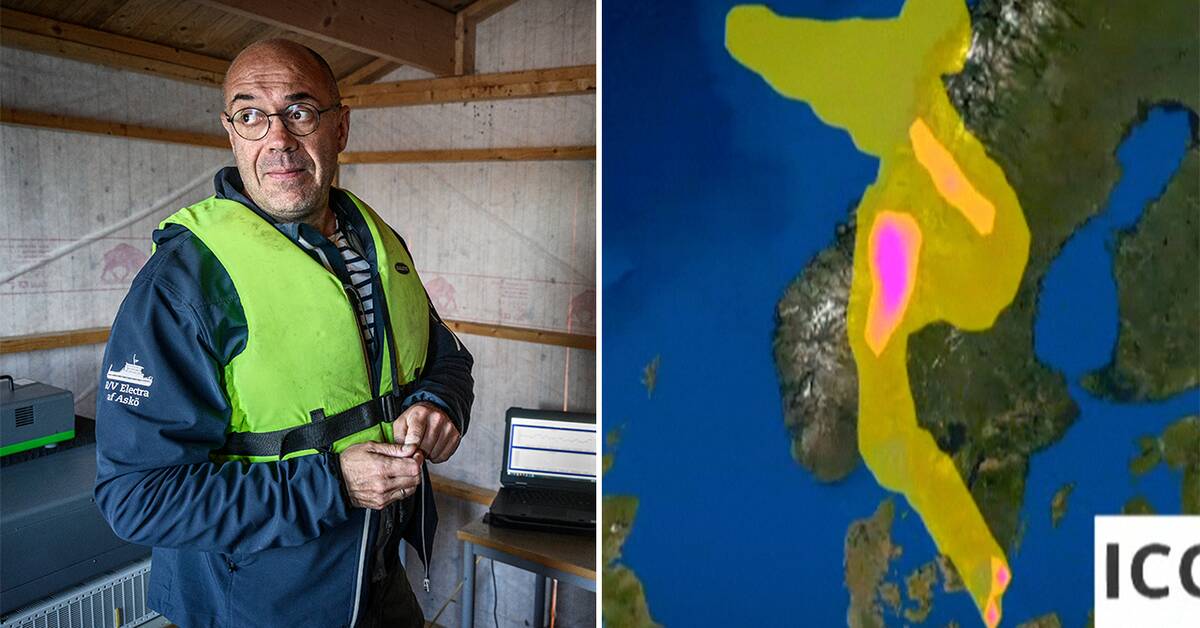Extreme concentrations of methane have been measured in the air after the Nord Stream leaks.
According to Norwegian researchers, a large methane cloud has moved in over Sweden.
Researchers Christian Stranne, Christoph Humborg and Volker Brüchert at Stockholm University have all investigated methane gas leaks in the Baltic Sea.
According to them, the amount of methane gas reaching the atmosphere is likely to be vanishingly small compared to the global emission.
"Extreme local release"
They have tried to calculate the extent of the leak, but state that it is difficult as the details of the release are uncertain.
However, they agree that it is an extremely local release.
- The colleagues I talk to agree that the release can lead to acidification in the Baltic Sea, but that the change will be able to take place as it takes place during such a short period, says Christoph Humborg, scientific leader at Stockholm University's Baltic Sea Centre.
- Methane gas is eaten by microorganisms, so when the water is deep, around 100 meters, they eat most of it, says Christian Stranne, who is an assistant lecturer at Stockholm University.
Gas leak may stop on Sunday
There is so far no exact figure on how much gas remains in the lines and can leak into the atmosphere.
The coast guard states that the discharge has decreased in extent.
It could stop completely on Sunday, according to the Coast Guard's forecast.
According to information provided by the company Nord Stream to the Danish Energy Agency, the gas pipelines must have contained as much as approximately 778 million cubic meters of methane gas.
An emission that is comparable to all of Sweden's combined climate emissions over the course of a year.
According to Volker Brüchert's preliminary calculations, this would mean that there are also around 40,000 tons of methane in the pipes, but he emphasizes that the information is uncertain.
- Even if it were to be the case that it is all of Sweden's emissions over a year, we emit relatively little globally, says Brüchert.
- But all emissions into the atmosphere are of course still not good.

